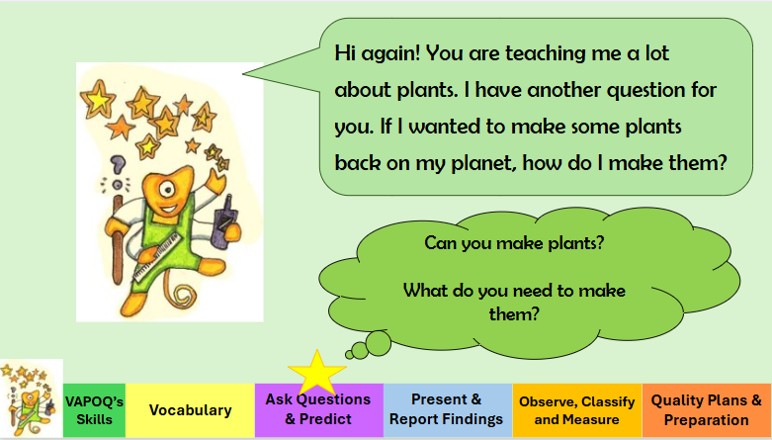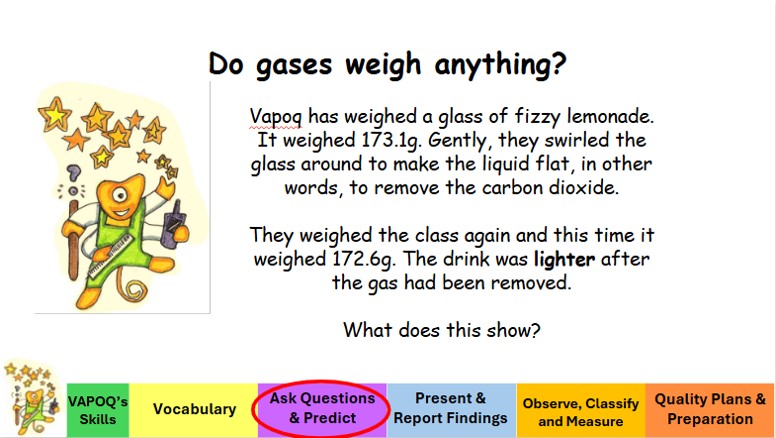
Norton Church of England VC Primary School
Learn Believe Achieve: Hand in hand with God and each other
Norton Church of England VC Primary School
Norton C E V C Primary School School Close Bury Saint Edmunds Suffolk IP31 3LZ
Telephone:
Email:
Science
Intent
Our vision at Norton is that children feel like scientists. When a child leaves this school, we want them to have a secure understanding of basic scientific concepts and skills, and be able to apply these in new situations. They should have a good grasp of scientific vocabulary and show their understanding by using this terminology accurately and in the correct context. We want pupils to explore science practically and be inquisitive, active learners by asking questions about real-world concepts. We are keen for pupils to use their observations and new learning to challenge their thinking and change their ideas based on the results they see. They will have had opportunities to feel awe and wonder about how the world works, recognising that science has changed our lives and is vital to the world’s future prosperity.
Implementation
All classes enjoy at least one 60-minute Science lesson a week. All teachers follow the national curriculum objectives for their year group. Teachers plan engaging lessons which cover the statutory objectives in meaningful ways, using outside areas where appropriate and providing opportunities for children to use a range of scientific equipment. Children are able to work alone, in pairs or as a part of a group. All age-groups are encouraged to explore science practically and work scientifically in a range of experiments and investigations. STEM learning activities are used to enhance the curriculum across year groups. Safety when using equipment is a primary focus for all staff.
Children exploring the full range of scientific enquiries and enrichment opportunities
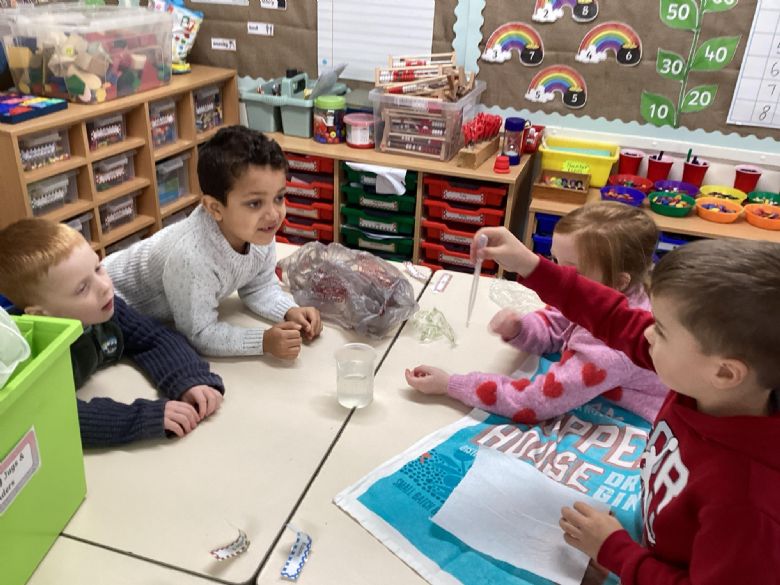
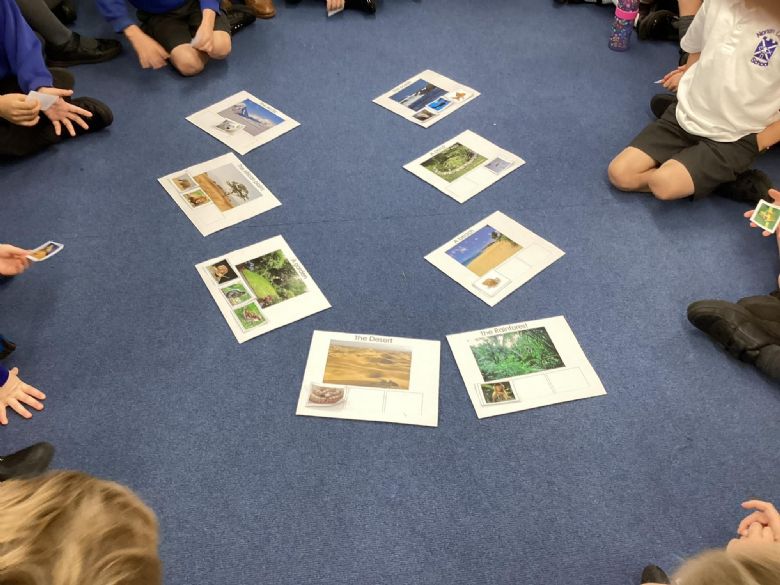
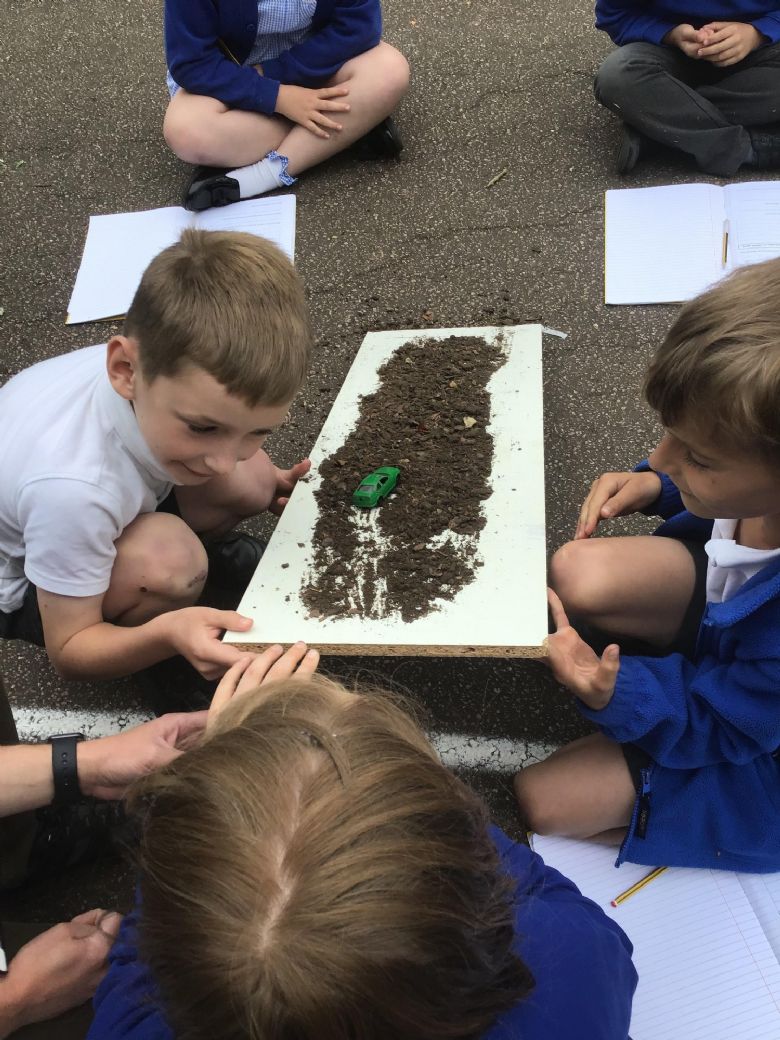
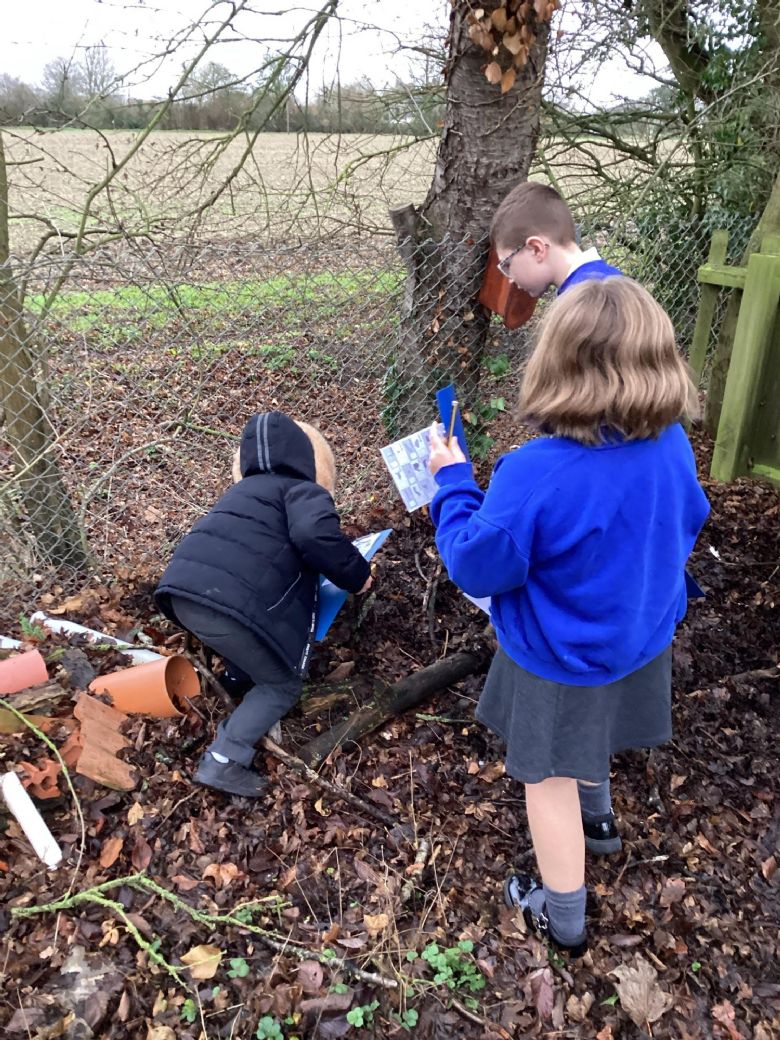
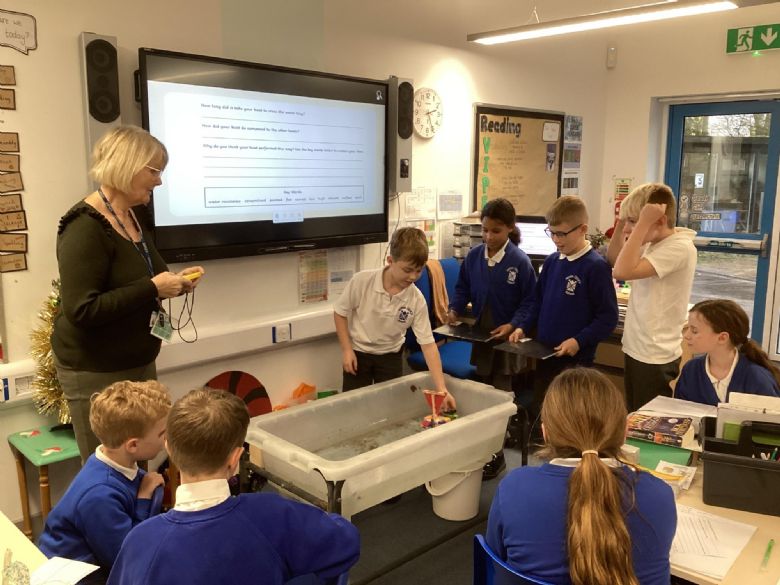
PSQM
In 2022-23, we worked towards the Primary Science Quality Mark (PSQM), which is an award scheme to develop and celebrate the quality of science teaching and learning in primary schools. This was down to all the efforts of pupils, parents, teaching staff and governors. Well done to us!
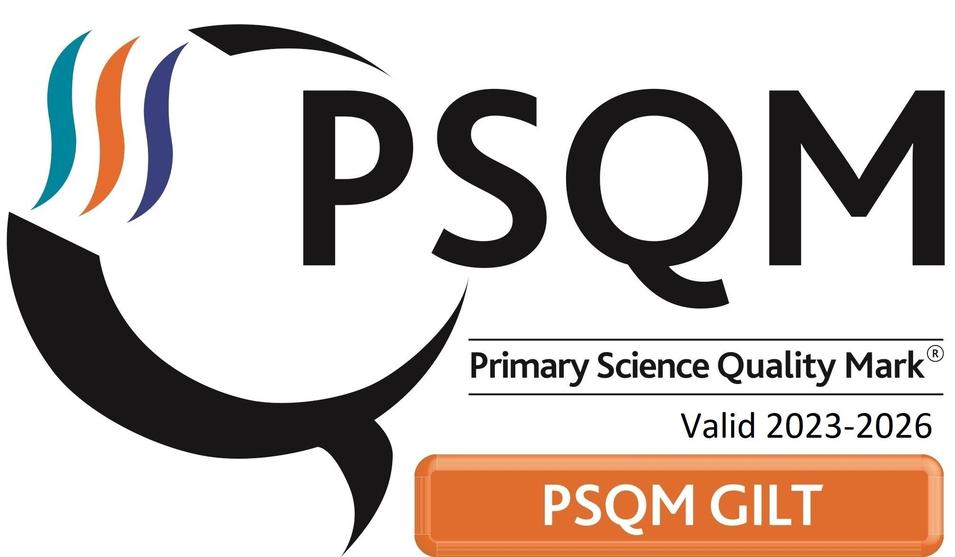
VAPOQ
Vapoq is our science mascot who was created during a competition back in 2023. Designed by a past pupil, Wilf, Vapoq represents our vision and principles for Science at Norton.
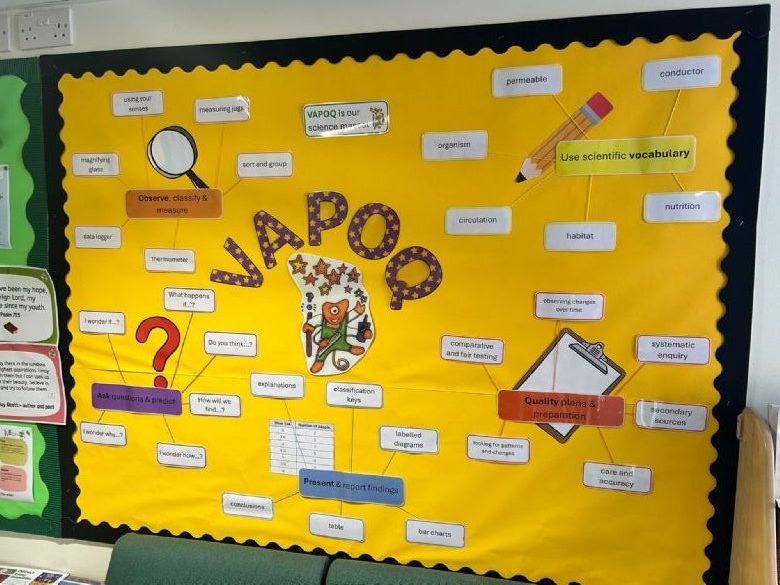
We use Vapoq to showcase what it means to work scientifically and develop those disciplinary skills. Teachers use Vapoq to set tasks for pupils, inspire investigations and assess pupils' use of scientific skills.
Priorities for Science at Norton CEVC Primary 2025-26
Each year, subject leaders identify priorities for the development of provision in their subjects.
This year, the three areas of focus for Science are:
- Organise resources and equipment to one shared science cupboard;
- Embed the use of school science mascot, VAPOQ, across the school;
- Develop use of TAPS to support teaching and assessment of working scientifically skills.
